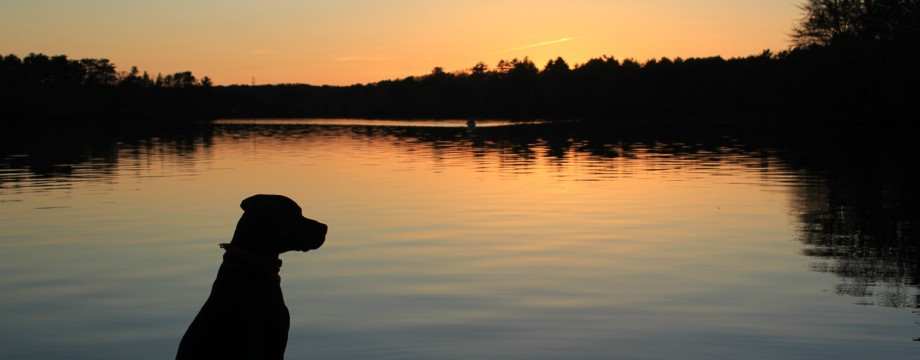One of the most challenging parts about planning a multi-day kayaking trip is how you plan your meals. Maintaining a balanced and an energizing food plan is essential to keeping you sustained on the water. In addition to the challenges of planning appropriate times to eat, long-distance paddlers often face the challenge of where they are going to store their daily rations. The following guide gives a quick set of rules for highly successful “on water” eaters:

Mixed nuts provide a robust balance of fats, proteins, and carbohydrates (Photo credit: ©2010 Nutstop.com)
(1) Eat a solid breakfast. After working throughout your night’s sleep, your metabolism will need a jump start before you head out on the water. The biggest rule of thumb is to never try anything new before heading out on an extended trip. The last thing you want to discover is a new food allergy or a food item that does not agree with your digestive system. Stick with mostly carbs with some protein such as a whole wheat bagel with peanut butter; a banana and an energy bar; or an apple with a serving of oats and grains. Rice cakes with peanut butter make a great gluten-free alternative to a whole wheat bagel. Try to eat your strong breakfast at least 90 minutes before you hit the water.
(2) Hydrate. hydrate. hydrate. Unlike running a marathon, it is easier to consume water throughout a kayaking trip as you’ll have more time to pace yourself and slow down between legs. American College of Sports Medicine recommends that athletes drink 16 ounces of fluids — two full glasses — a couple of hours before starting practice or exercise. Dehydration can set in rapidly during physical exertion and rising outdoor temperatures. Summer time heat and a poorly hydrated body are a combined recipe for rapid dehydration and heat stroke. The Institute of Medicine determined that an adequate intake for men is roughly 3 liters (about 13 cups) a day. For women, 2.2 liters (about 9 cups) of total beverages a day. Keep a Nalgene bottle (1 liter) and a Camelbak hydration bag (2 liters) handy, as these can be constant reminders to keep hydrated throughout the day.

The average man requires an average of 3 liters of water a day, that’s about 13- 8oz. glasses. (Photo credit: GETTY)
(3) Snack often. Consuming small portions throughout the day rather than ingesting larger portions at meal times can boost your metabolism and make better use of the food energy you put in. Extended periods of time between meals can slow down your metabolic functions, causing fatigue and energy loss. A recent study conducted by Medicine & Science in Sports & Exercise revealed that firefighters who split their regular meals into smaller snack-sized portions throughout the day actually showed signs of increased energy and better productivity. Before your trip store small servings of dried fruit, nuts, M&Ms, and oats in small bags or waterproof containers. Keep them close at hand so you can constantly snack throughout your trip.
(4) Get eight hours of sleep. Surprisingly, getting an adequate amount of sleep every night of your trip will keep your metabolism in check. Poor nights sleep can lead to an imbalance of appetite-regulating hormones which can cause increased appetites for unneeded food energy. ”Sleep loss induces widespread hormonal changes that pump up the amount of ghrelin–the hormone that triggers appetite–in your body and dial down your metabolism,” Christian Benedict, Ph.D, Department of Neuroscience from Uppsala University.
(5) It’s not just water. While drinking your body’s adequate daily intake of water will provide balanced hydration levels. Scientists are now discovering that water is not the only fluid your body needs. Consuming electrolyte rich sports drinks will keep your PH levels in sync and maintain essential sodium and chloride levels which are lost in your sweat. “Electrolytes play a critical role in maintaining equilibrium of water throughout the body, particularly during exercise when electrolytes and water can be lost through sweating,” states Dr. Shawn H. Dolan, Ph.D. Find alternative fluid replacement options such as Powerade or bottled coconut water to help keep your electrolyte levels in check.
-Alex


